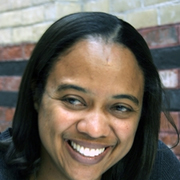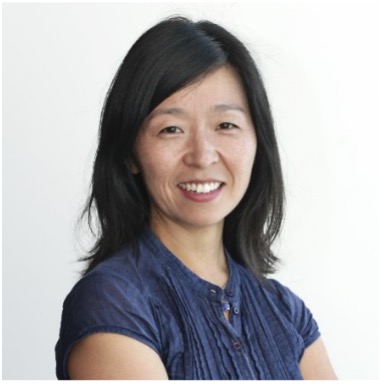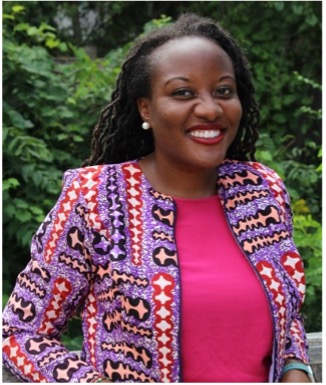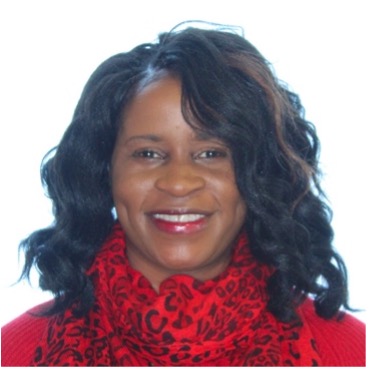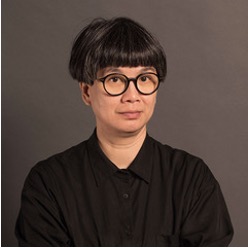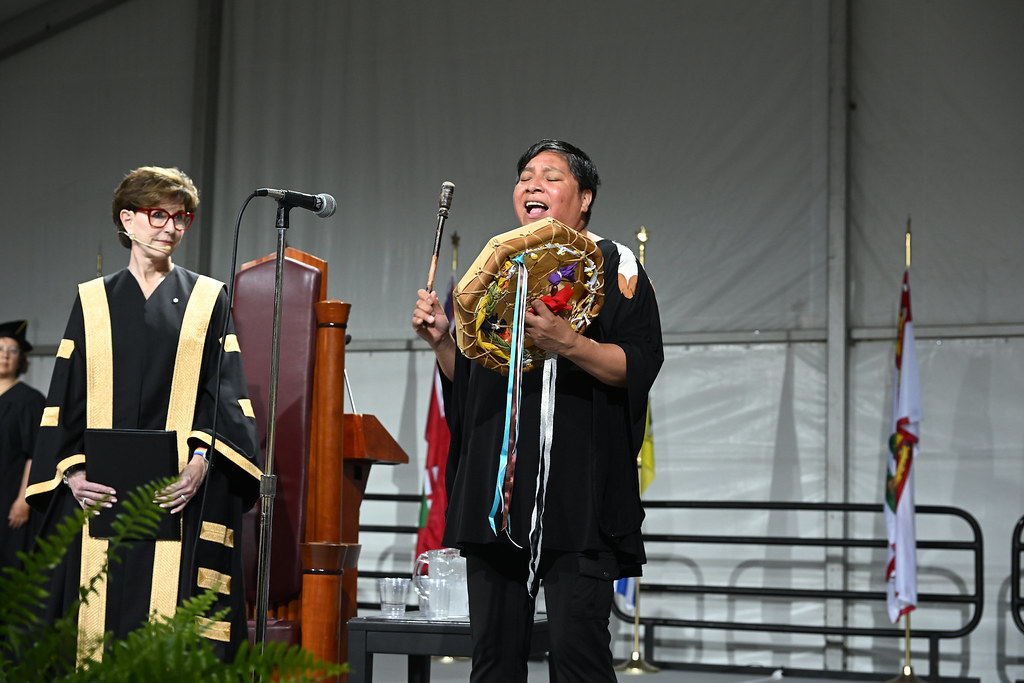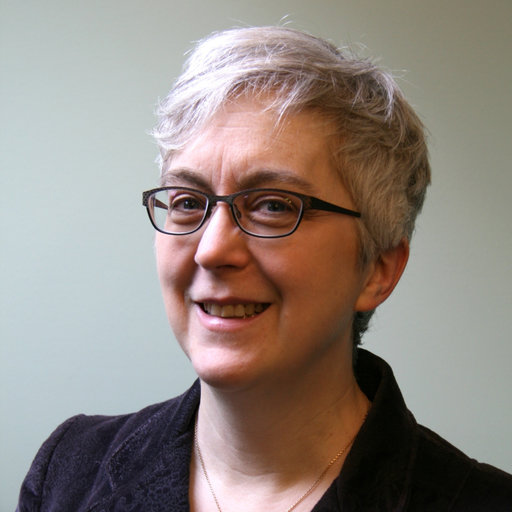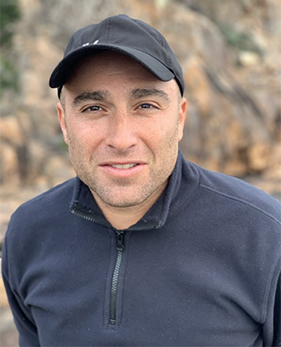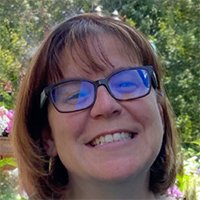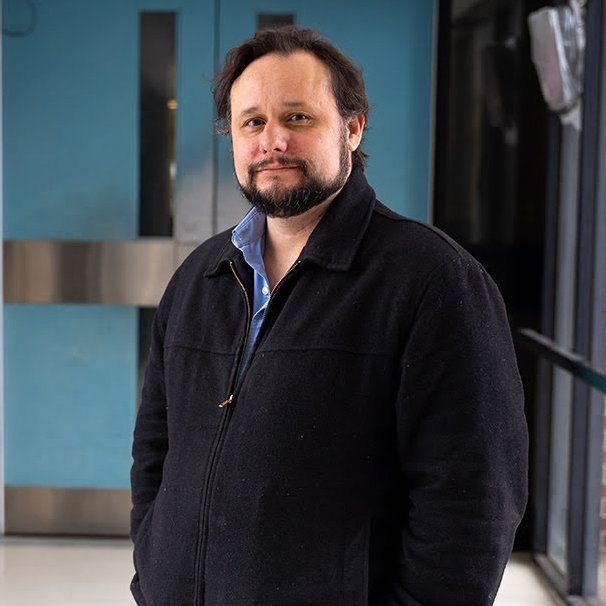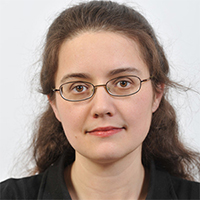Fifteen York University researchers have been named new York Research Chairs (YRC), an internal program that mirrors the national Canada Research Chairs (CRC) program which recognizes world-leading researchers in a variety of fields.
“The York Research Chair program is an important complement to the Canada Research Chair program to advance our efforts to strengthen research and related creative activities across the University and enhance the well-being of the communities we serve,” says President and Vice-Chancellor Rhonda Lenton. “My warm congratulations to the newest recipients on this achievement.”
This year’s YRCs are the 10th cohort to be appointed as of July 1 since the program was first launched by the Office of the Vice President Research and Innovation in 2015.
“These new chair appointments are the latest example of research intensification at York University, a major priority of our new Strategic Research Plan,” said Amir Asif, vice-president research and innovation. “York Research Chairs receive institutional support that is on par with what their counterparts are provided by the national program. This internal program advances research excellence at York and enhances the research capabilities of our faculty to create positive change.”
The new YRCs will conduct research in a variety of fields that range from human and computer vision to children’s musical cultures to the impacts of climate change on lakes.
The YRC program consists of two tiers. Tier 1 is open to established research leaders at the rank of full professor. Tier 2 is aimed at emerging research leaders within 15 years of their first academic appointment. The Chairs have five-year terms.
Tier 1 York Research Chairs
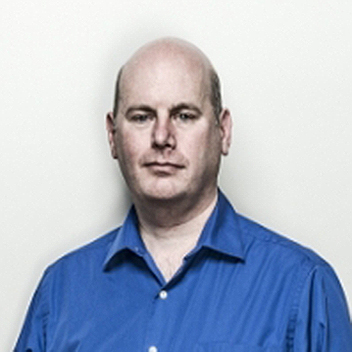
Robert Allison, Lassonde School of Engineering
York Research Chair in Stereoscopic Vision and Depth Perception
Allison’s work as a YRC will study human aspects of virtual and augmented reality. His research program asks: how do we share a common space that is partially or completely virtual? The research results will allow designers to determine whether collaborative experiences and applications are likely to be coherent, consistent and ultimately successful for users. This YRC is administered by York University’s VISTA (Vision: Science to Applications) program, first funded by the Canada First Research Excellence Fund (2016-23).
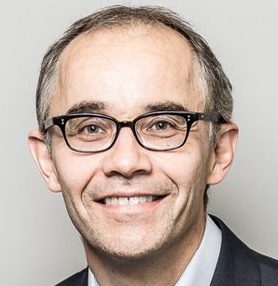
James Elder, Faculty of Health and Lassonde School of Engineering
York Research Chair in Human and Computer Vision
Elder’s YRC research program is deeply interdisciplinary, integrating studies of biological perception using behavioural and neuroscience methods, computational modelling of brain processes, statistical modelling of the visual environment, and computer vision algorithm and system design. While advancing fundamental knowledge in perception science and AI, this research has application to safer and more accessible urban mobility, social robotics and sports analytics. This YRC is administered by York University’s VISTA (Vision: Science to Applications) program.

Jimmy Huang, Faculty of Liberal Arts & Professional Studies
York Research Chair in Big Data Analytics
Huang’s research as a YRC will aim to overcome the limitations of the existing information retrieval (IR) methods for web search and develop a new retrieval paradigm called task-aware and context-sensitive information search for big data. This approach, similar to ChatGPT or GoogleBard, will leverage IR techniques to offer an interactive and dynamic search experience. The program’s research results are expected to provide a deeper understanding of user information needs and generate novel techniques and tools.
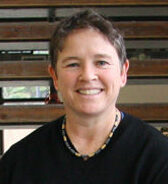
Lauren Sergio, Faculty of Health
York Research Chair in Brain Health and Gender in Action
Sergio’s research as YRC investigates the impact of gender on brain health, for which there is little study. The research program will aim to characterize the gender-related differences in an individual’s behavioural response to impaired brain health and design appropriately tailored interventions to optimize their return to work, duty or sport. The research results will provide medically relevant and fundamental knowledge necessary to develop targeted brain health assessments and interventions that account for gender. This YRC is administered by York University’s VISTA (Vision: Science to Applications) program, first funded by the Canada First Research Excellence Fund (2016-23).
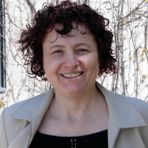
Marie-Christine Pioffet, Glendon College
York Research Chair in Franco-Indigenous Relations in the Americas
This YRC is dedicated to the study of texts from the French colonization in America with research focused on Indigenous history and cultural renaissance, European scriptural practices and Indigenous oral traditions, Franco Indigenous intercultural dialogues, and the Great Lakes region, missionary laboratory, and intercultural junction. Pioffet’s research as Chair will rethink Francophone and Indigenous identities and the cultural blending that inspired the writings of the period, while promoting a resurgence of First Nations culture and languages.

Poonam Puri, Osgoode Hall Law School
York Research Chair in Corporate Governance, Investor Protection and Financial Markets
Puri’s YRC explores the role of the corporation in society and the impact of legal rules, as well as market mechanisms and incentives on corporate behaviour in several key areas of environmental, social and corporate governance (ESG). These include racial justice, reconciliation with Indigenous peoples and climate change, as well as the role of the corporation and financial markets in times of disruptive technological change. Puri’s cutting-edge, empirical, and interdisciplinary research program charts a new course for the modern corporation, casting it not solely as a profit-maximizer for its shareholders, but as a responsible corporate citizen that genuinely considers the interests of a wider range of stakeholders and is accountable to society.
Tier 2 York Research Chairs
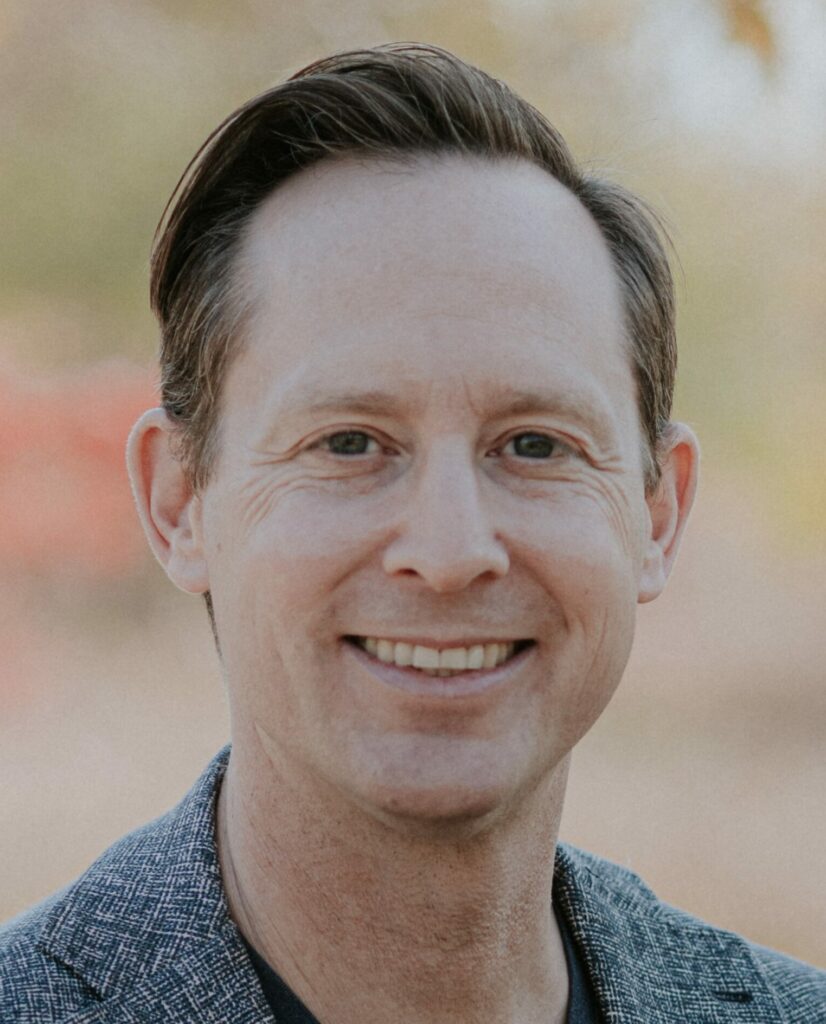
Jacob Beck, Faculty of Liberal Arts & Professional Studies
York Research Chair in Philosophy of Visual Perception
Beck’s work as YRC seeks to combine philosophy and vision science, suggesting new avenues for research in both disciplines. His research explores how longstanding philosophical puzzles about perception can be resolved or recast with the help of vision science. Beck also examines how scientific discussions can be illuminated by philosophy – for example, how numerical perception can be informed by philosophical theories about what numbers are. This YRC is administered by York University’s VISTA (Vision: Science to Applications) program, first funded by the Canada First Research Excellence Fund (2016-23).
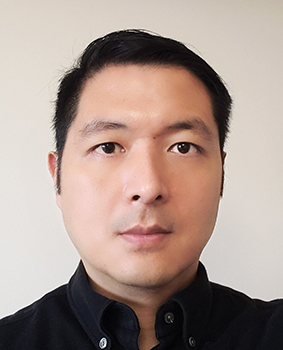
Gene Cheung, Lassonde School of Engineering
York Research Chair in Graph Signal Processing
Cheung’s research as a YRC focuses on signal processing and machine learning. Cheung looks at the frequency analysis and processing of big data residing on irregular kernels described by graphs, in an emerging and fast-growing field called graph signal processing (GSP). His research program involves collaboration with both academic and industry partners to apply GSP theory to a wide range of applications including image/3D point cloud compression, denoising, super-resolution, video summarization, movie recommendation, and crop yield prediction. This YRC is administered by York University’s VISTA (Vision: Science to Applications) program, first funded by the Canada First Research Excellence Fund (2016-23).

Andrea Emberly, Faculty of Liberal Arts & Professional Studies
York Research Chair in Children’s Musical Cultures
As a YRC, Emberly will take a community-led approach to the study of children’s musical cultures that explores issues around sustaining endangered musical traditions by emphasizing the connection between music and wellbeing. The research program will focus on child-led and intergenerational collaborations that amplify the voices of equity-seeking children and young people who tell their own stories, in their own voices. The work will explore how children and young people are active social agents who locate and activate unique and meaningful pathways to sustain, change and transform musical traditions.

Sapna Sharma, Faculty of Science
York Research Chair in Global Change Biology
Sharma’s research as YRC will seek to gain a deeper understanding of the ecological impacts of climate change on freshwater availability and quality. Sharma’s research will capitalize on long-term climatic and ecological time series collected from thousands of lakes and apply cutting-edge statistical and machine learning analyses to forecast the impacts of global environmental change on freshwater security and help to explain macroecological patterns, drivers and impacts of worldwide lake responses to climate change. The research program will collaborate with researchers across disciplines to develop technological, natural, health and social solutions to water security.

Sue Winton, Faculty of Education
York Research Chair in Policy Analysis for Democracy
Winton’s YRC research program will collaborate with multiple public sector organizations to understand the impact of the COVID-19 pandemic on education privatization in Canada. Winton’s research will compare policy development, enactment, and effects during and after the pandemic across multiple scales. The research results will create knowledge about local, regional, national and international influences on education privatization and how this process impacts socially disadvantaged groups, teachers’ work and democracy. At York, Winton will establish and lead a cross-disciplinary Community of Practice for new and established researchers with an interest in critical policy research.
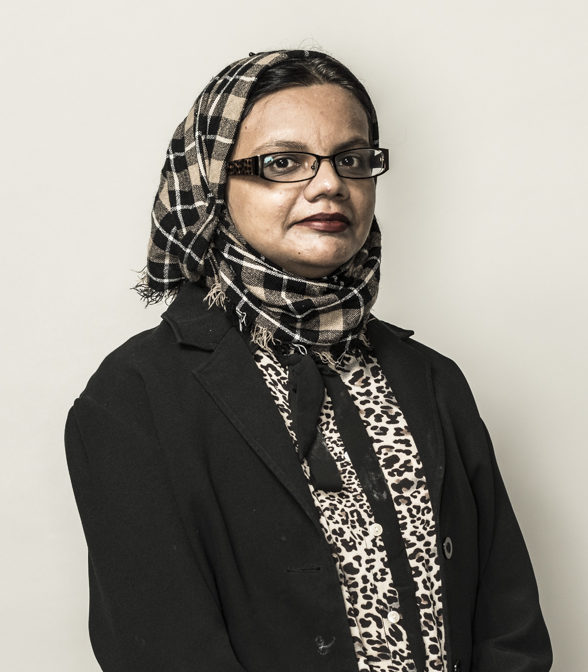
Hina Tabassum, Lassonde School of Engineering
York Research Chair in 5G/6G-enabled Wireless Mobility and Sensing Applications
Leveraging tools from statistics, optimization, game theory and machine learning, this YRC focuses on developing novel network deployment planning, radio access design and dimensioning, radio resource allocation and mobility management solutions to address challenges of higher frequencies like millimeter-wave in 5G and THz in 6G. Tabassum’s research will explore the feasibility of novel multi-band network architectures where THz and optical transmissions can complement the RF transmissions optimally. The research results could form a core for Canadian research on multi-band networks with the potential to connect the unconnected in a seamless, safe and resource efficient manner.
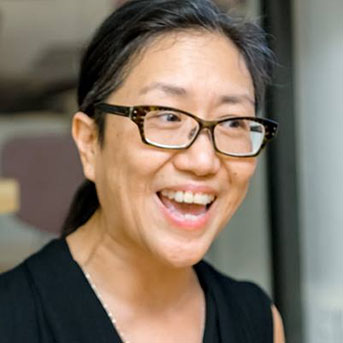
Taien Ng-Chan, School of the Arts, Media, Performance & Design
York Research Chair in Marginal & Emergent Media
Ng-Chan’s research explores questions of how emergent media (new technologies such as VR/AR) can aid in the development of original digital and immersive storytelling techniques, foster solidarity and community amongst marginalized groups, particularly from the Asian diaspora, and lead to better representation and inclusion of these groups in culture and society. The YRC program will allow for future long-term collaborations and creative activities that will contribute to more diversity and inclusion in the emergent media industries, a greater sense of community for marginalized groups and better cultural representation in storytelling.
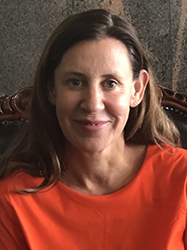
Denielle Elliott, Faculty of Liberal Arts & Professional Studies
York Research Chair in Injured Minds
Elliott’s work as YRC will explore how ethnographic experiments and transdisciplinary collaborations between arts, neuroscience and medical anthropology can contribute to a fuller understanding of conceptions of self, brain trauma and mental health. Her research program involves a multidisciplinary team that will explore the embodied experiences of people living with brain trauma and brain trauma knowledge-making practices in the clinic and laboratory, as well as their convergences. The research results will increase understandings of the effects of brain trauma, facilitate transdisciplinary collaborations between the arts, science and humanities and highlight how uniquely valuable ethnographic methods are to understanding urgent health priorities.

Cary Wu, Faculty of Liberal Arts & Professional Studies
York Research Chair in Political Sociology of Health
Wu’s YRC program will work to establish a transdisciplinary political sociology of health approach to investigate health inequalities and provide greater understanding of what forces maintain, increase and reduce health inequalities. The research includes theoretical and empirical illustrations that will focus on trust – the belief in the reliability of others and institutions. The program will seek to energize the field of political sociology by introducing a much-needed new research direction that focuses on trust and will advance a unifying theory of trust to explain health inequalities.





